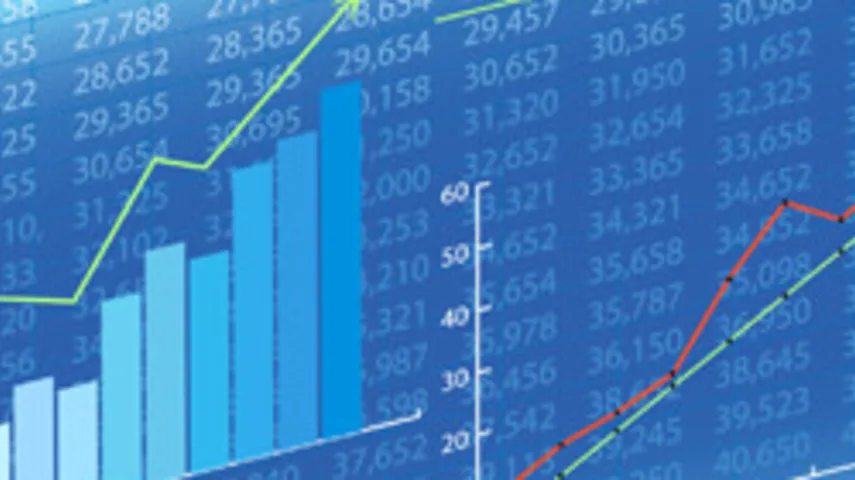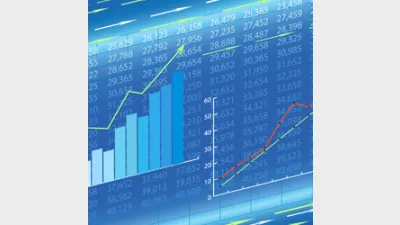High-yield debt a good alternative to equities: Artio



 High-yield bonds are a good alternative to equities, particularly in a low-growth global economic environment, according to Artio Global Investors senior portfolio manager Patrick Maldari.
High-yield bonds are a good alternative to equities, particularly in a low-growth global economic environment, according to Artio Global Investors senior portfolio manager Patrick Maldari.
It makes sense to own the balance sheet (ie, credit) of companies in the current environment, since it is an investment that doesn't require a lot of top-line revenue growth, he said.
"In a slow-growth environment companies have a tremendous amount of flexibility in their capital structure to lay off workers or to forgo capital expenditures, so they can manage their balance sheets and pay their creditors," Maldari said.
While high-yield debt has traditionally been viewed as a risky form of fixed income, it made more sense for institutional investors to view it as an alternative to equities.
"High yield is probably one of the most misunderstood asset classes, because it is senior to equity - the first loss piece when a company goes bankrupt is equity," Maldari said.
The term 'junk bond' has created an aura around high yield that it is a risky sector, when in reality it is no more risky than equities in many cases, Maldari said.
With the current focus on dividends and income-yielding assets, it makes sense to invest in assets that perform well in low-growth environments, he added.
"Because [high yield] has so much income there is this ability to mitigate a lot of the volatility when it comes to interest rate risk or credit risk - or even when volatile markets are dominating investors' mindsets," Maldari said.
Recommended for you
Australia’s largest super funds have deepened private markets exposure, scaled internal investment capability, and balanced liquidity as competition and consolidation intensify.
The ATO has revealed nearly $19 billion in lost and unclaimed super, urging over 7 million Australians to reclaim their savings.
The industry super fund has launched a new digital experience designed to make retirement preparation simpler and more personalised for its members.
A hold in the cash rate during the upcoming November monetary policy meeting appears to now be a certainty off the back of skyrocketing inflation during the September quarter.









